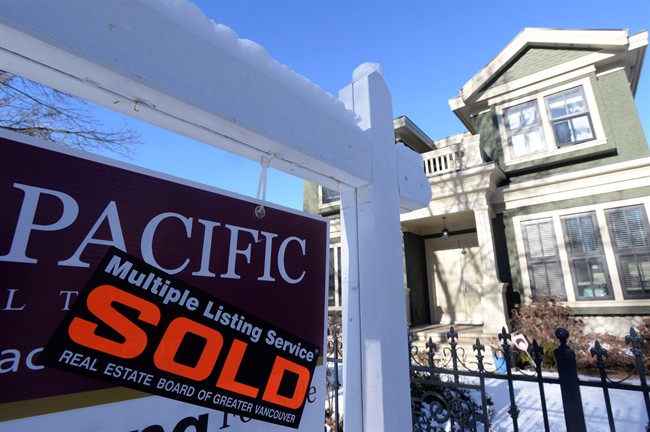A province doesn’t need to think that foreign money in real estate is a serious problem in order to support a foreign buyers tax.

That’s just one finding in a report released by housing portal Zoocasa on Thursday, the same day that Ontario was set to unveil a series of measures to address skyrocketing housing prices in the Greater Toronto Area (GTA), as part of the provincial budget.
A tax on non-resident speculators is but one of a number of measures that have been considered, Ontario Premier Kathleen Wynne said Tuesday.
Zoocasa found that most respondents supported a foreign buyers tax in every province — although some provinces, like Saskatchewan and Manitoba, and the Atlantic provinces, were counted together.
The strongest support was found in Quebec, where 77 per cent supported having a foreign buyers tax. By contrast, however, only 61 per cent of people there felt that foreign buyers were driving up home prices in their city.
The next-strongest support was found in British Columbia, where 75 per cent supported a foreign buyers tax. The provincial government there implemented a 15 per cent property transfer tax on foreign buyers in Metro Vancouver in August 2016.
Vancouver home prices fell after the tax came into force, but they started creeping up again more recently.
Roll your cursor over the map below to see how much support the idea of a foreign buyers tax has in various Canadian provinces. A deeper red denotes stronger support:
The report also showed that many respondents are a long way away from saving enough money to make a down payment on an average-priced Canadian home.
Zoocasa noted that, with average Canadian home prices currently sitting at $548,517, a minimum down payment of five per cent means prospective buyers would need to have over $27,000 on hand.
But 43 per cent of respondents to Zoocasa’s survey said they had only saved up to $5,000. Only 17 per cent of respondents had saved between $20,000 and $40,000 for a down payment.
READ MORE: Some foreign buyers get break from Vancouver tax
“Rising home prices” were cited as a chief obstacle that both first-time buyers and current owners faced buying a home.
But “generally, respondents with higher incomes were more likely to cite rising real estate prices as an obstacle compared to the average.”

Sixty-two per cent of respondents who made between $100,000 and $149,999 cited rising home prices as an obstacle to buying a property, compared with 58 per cent of people who made between $75,000 and $99,999.
People who made less than $20,000 were the least concerned about rising home prices — only 36 per cent cited growing home prices as a concern.
Zoocasa derived its results from the “Zoocasa Housing Trends Survey,” which spoke with more than 1,100 Canadians between February and March 2017.









Comments